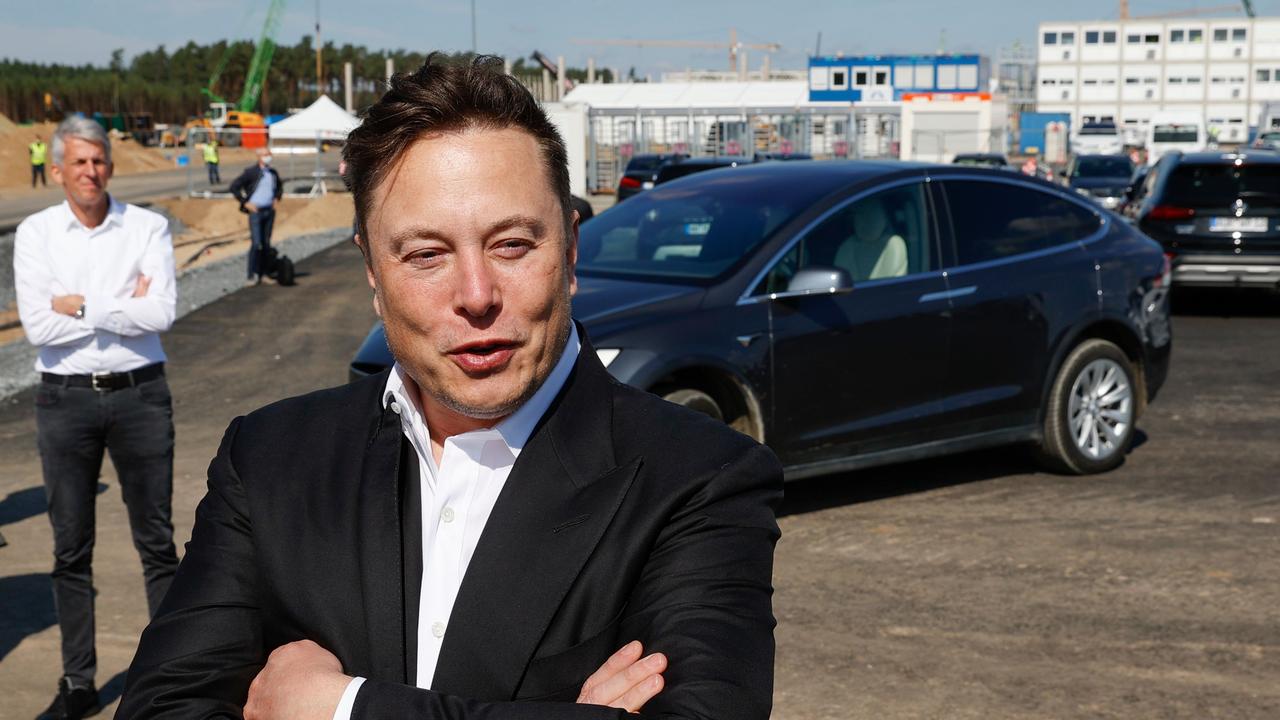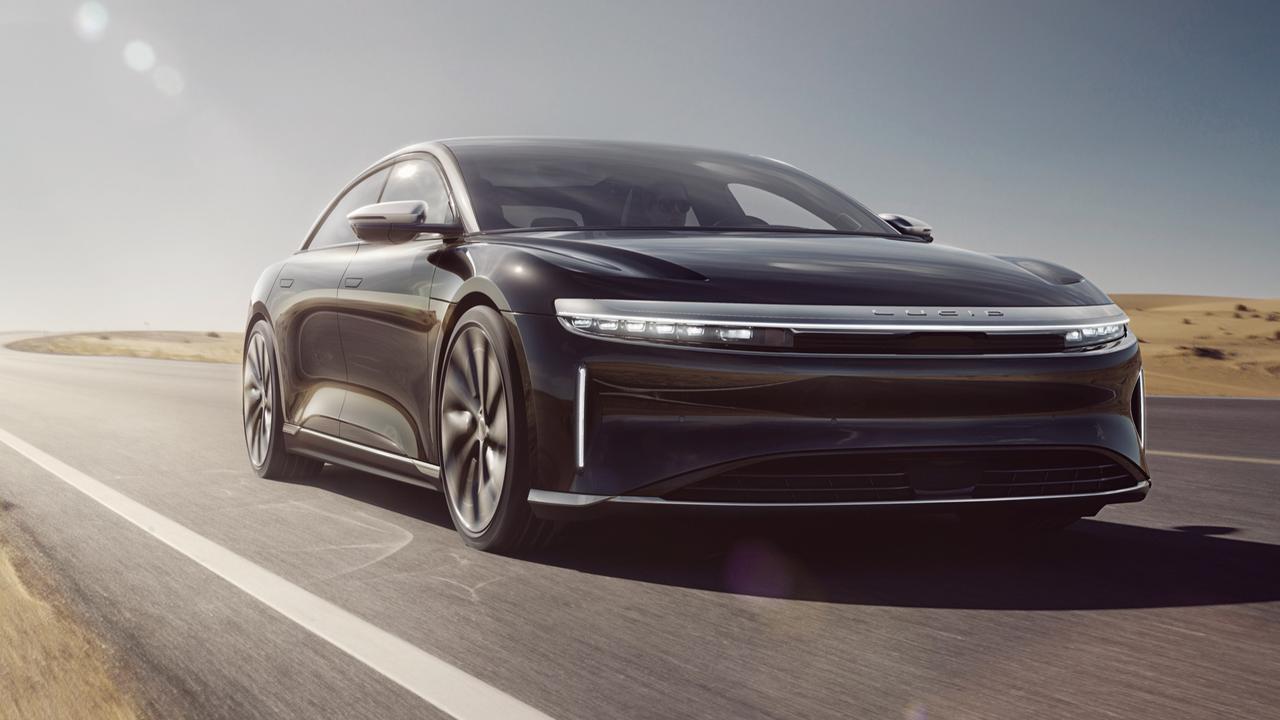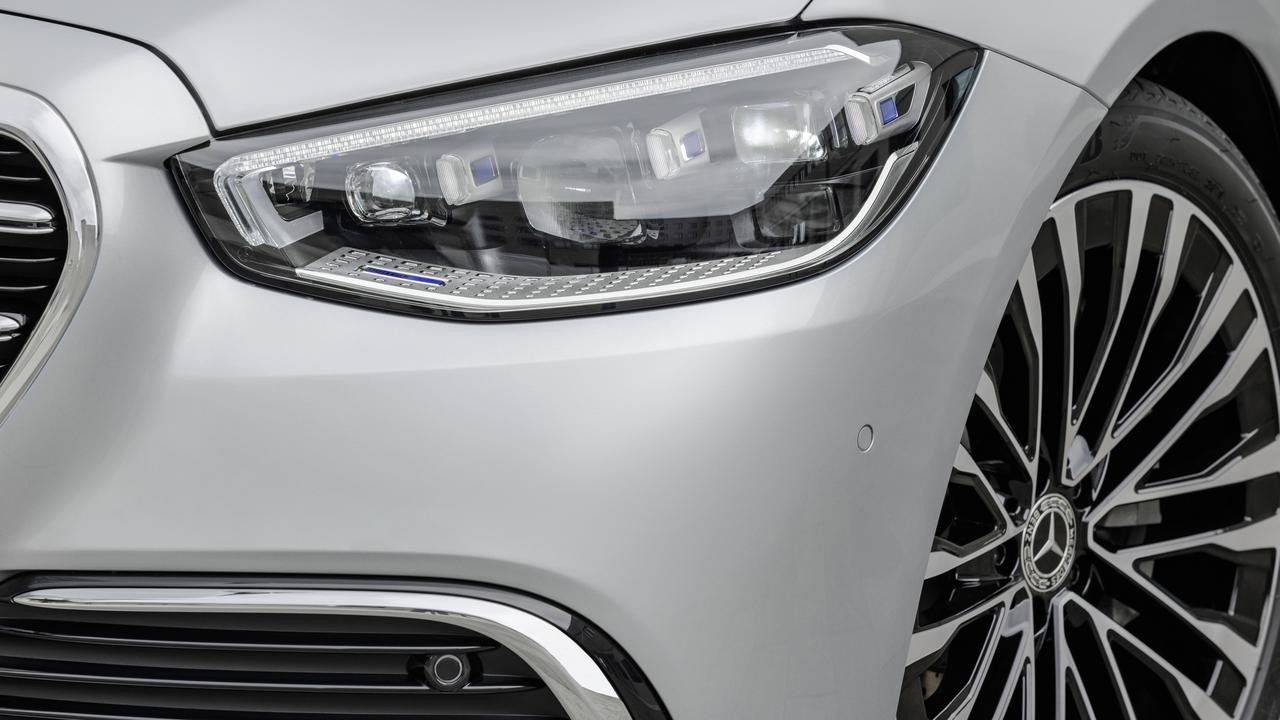CES: Big tech changes planned for the future of cars revealed
Car brands are making a massive impact at the Consumer Electronics Show in Las Vegas showcasing some major advancements that will be landing in your driveway soon.

The sky was literally the limit as car brands spruiked their latest technology at this week’s Consumer Electronics Show in Las Vegas.
With the Detroit motor show moved to mid-year, CES was the industry’s first major show of 2020 and it didn’t disappoint, showing off flying taxis, electric cars, lounge-like interiors and vast touchscreens.
Sony
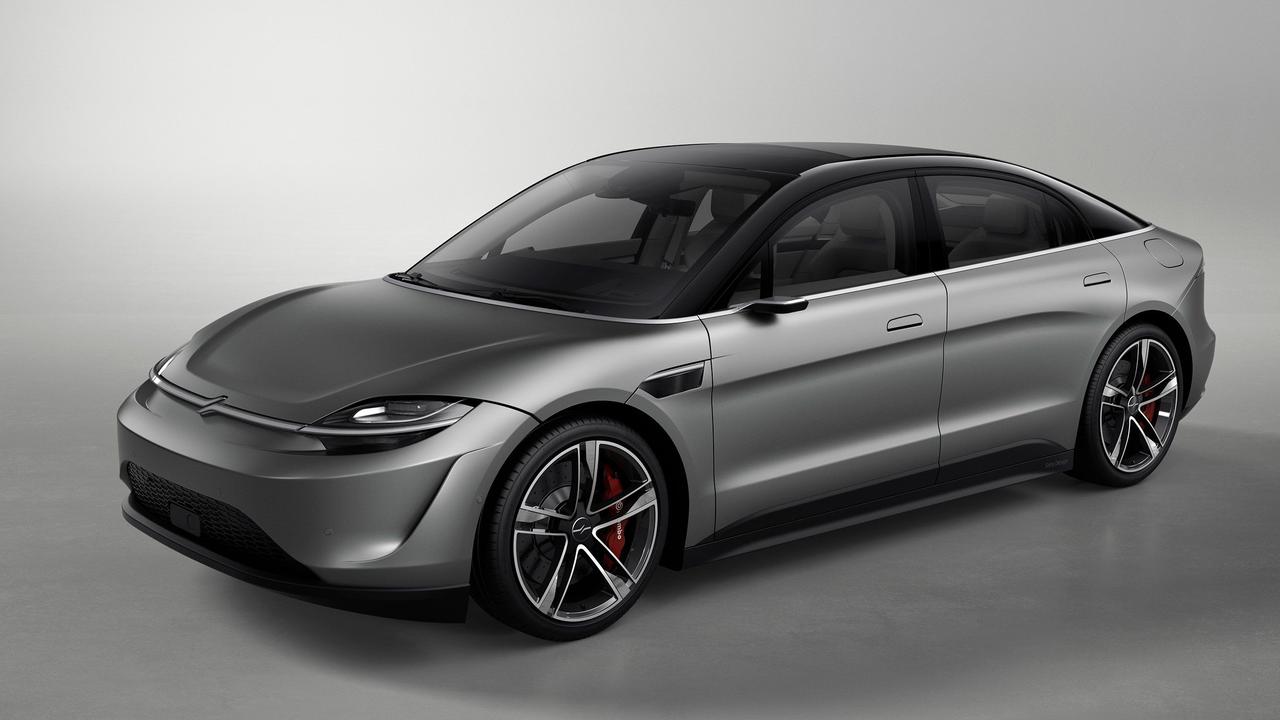
The Vision-S is the first concept car from the electronics giant. The Porsche-esque shape appears to have little chance of making it to production but the concept’s 33 sensors, AI and cloud connectivity aim to “provide highly advanced driving support”.
Jeep
Three “4xe” models show off a new petrol-electric set-up with as much as 50km of electric-only driving. As well as the ability to slink silently through the bush, Jeep promises improved off-road ability due to the instant response and torque delivery of the electric motors. Don’t get too excited — the Jeep 4xe Compass, Renegade and Wrangler will hit overseas roads this year but none are expected in Australia soon.
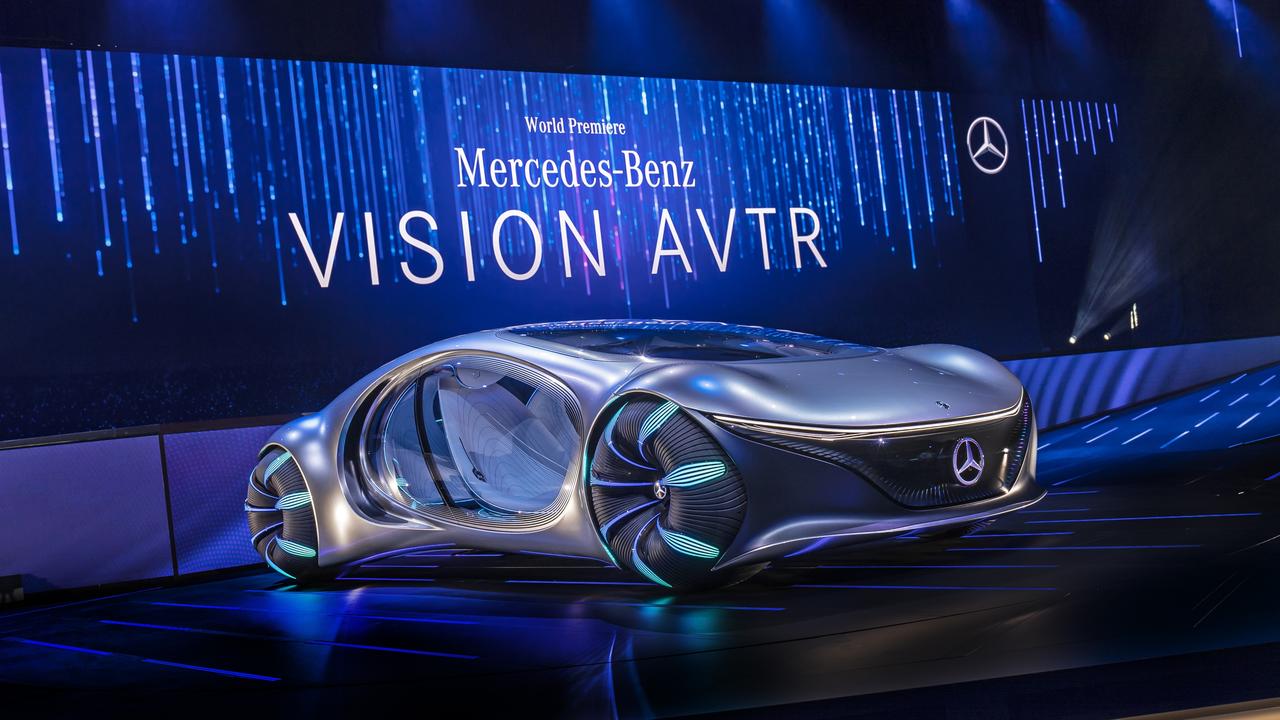
Mercedes-Benz
There was a touch of Hollywood in its AVTR, developed with the makers of the blockbuster movie Avatar. Its new recyclable and compostable organic battery uses graphene-based cells and the futuristic exterior is topped off by 33 bionic flaps. The interior is just as radical, from its pulsing control centre to a dashboard display screen.
Fisker
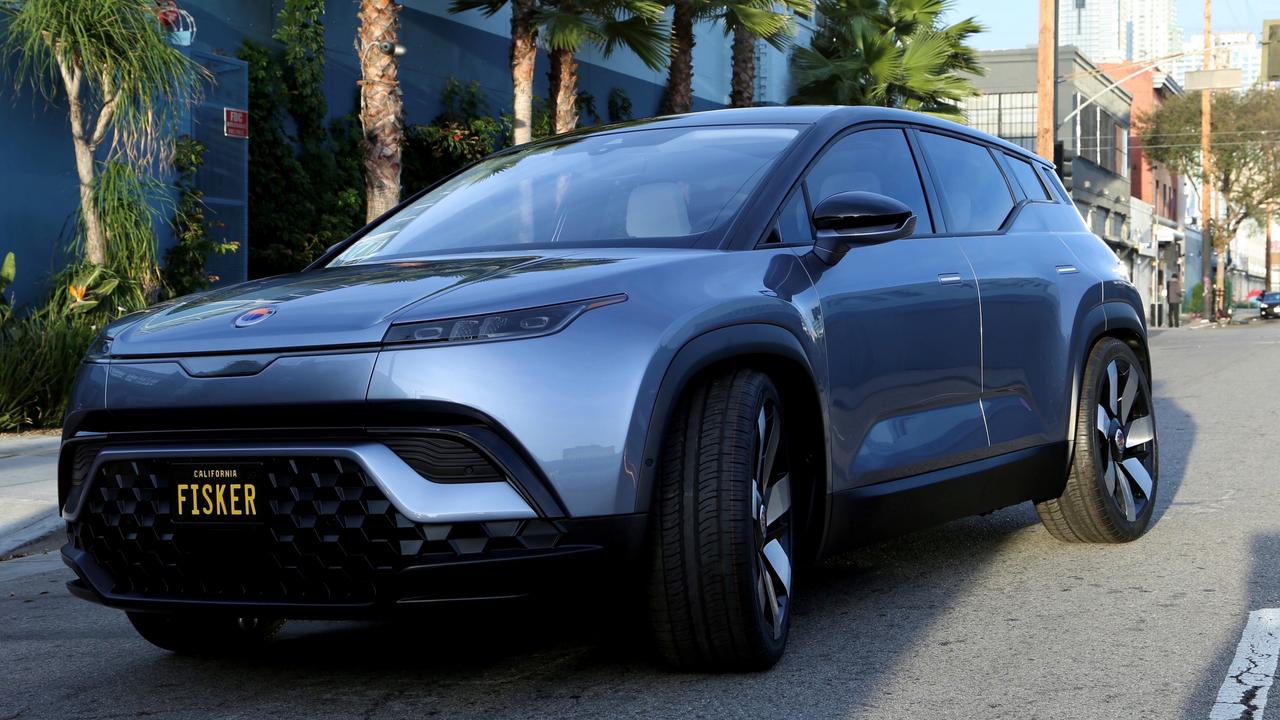
The ambitious Tesla rival unveiled its take on the luxury electric SUV in the form of the Ocean. Claimed to be the “world’s most sustainable vehicle”, the Ocean has a vegan interior and claims 450km range. The $US37,499 starting price isn’t much more than Tesla’s Model 3, suggesting Australian pricing of about $75K.
Hyundai
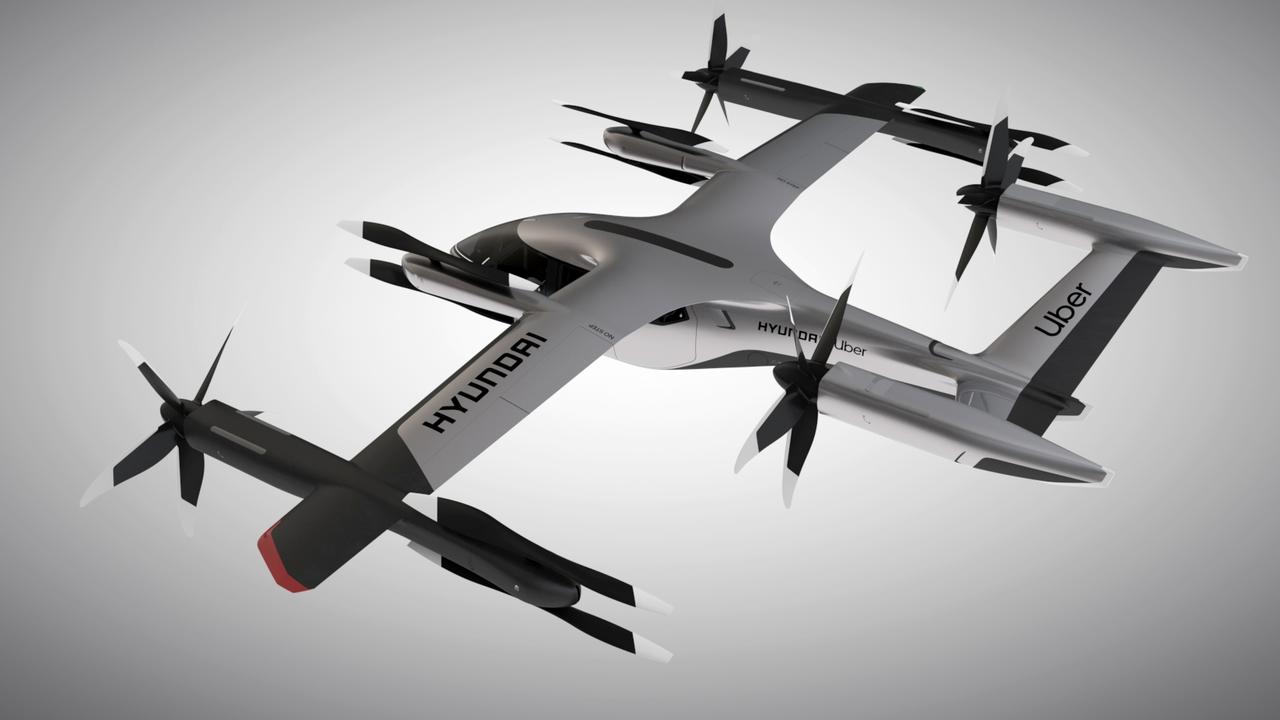
Hyundai is taking to the skies with the four-passenger Hyundai Personal Air Vehicle, launched with ride sharing company Uber and planned to operate in Los Angeles from 2023. Multiple rotors are powered by electricity and have the ability to recharge in seven minutes before another journey of up to 100km at 290km/h. Arrive by regular Uber at a hub, then travel by air to another hub before finishing the journey with another ride share.
BMW
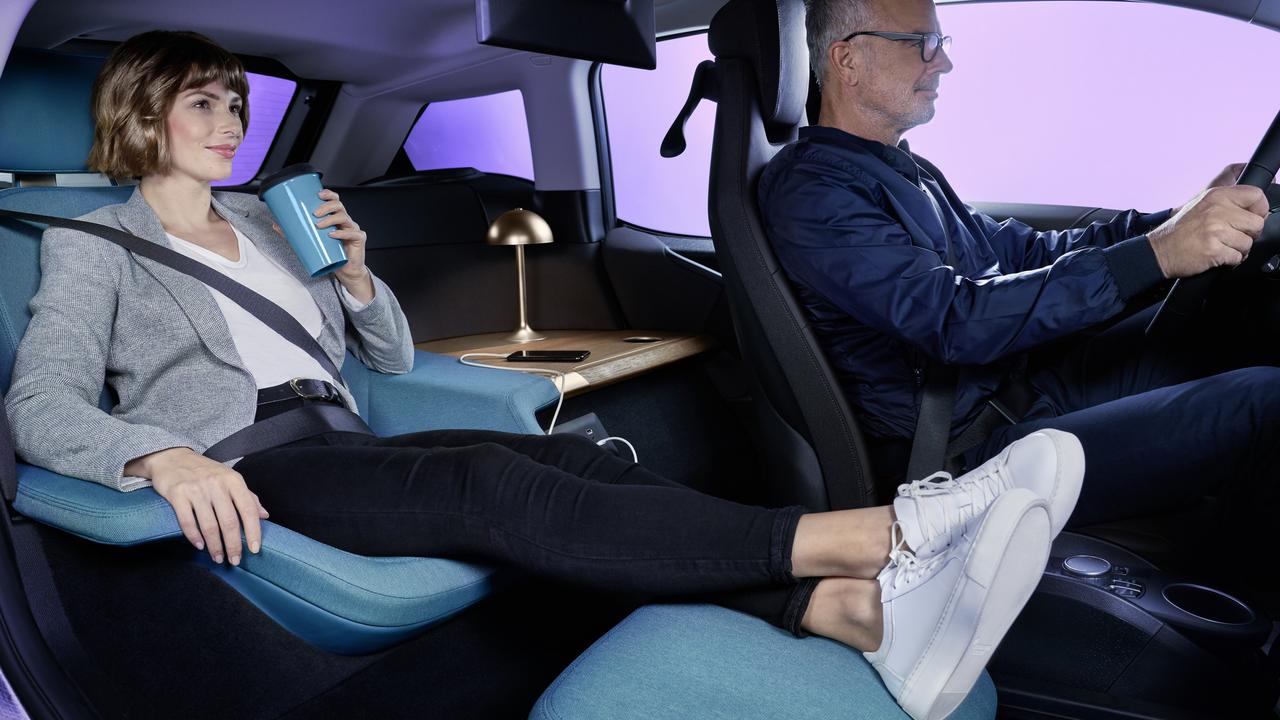
BMW presents its take on futuristic seats, starting with an i3 hatch transformed into a limousine inspired by a boutique hotel, including a footrest and lamp. In the CES version of the X7 SUV, the “ZeroG lounger” seats can recline at 60 degrees without compromising safety. In the i Interaction Ease concept, artificial intelligence tech tracks the driver’s eye movements and augmented reality delivers a panoramic head-up display.
Toyota

The maker plans to build a city, designed from the outset for autonomous, emissions-free vehicles. Construction is due to begin in 2021 on a 70ha site near Mount Fuji. Called the Woven City and referred to as a “living laboratory”, it will be home initially to 2000 employees, scientists and retirees. The radical experimental space will combine artificial intelligence, robotics and solar cells.
Byton
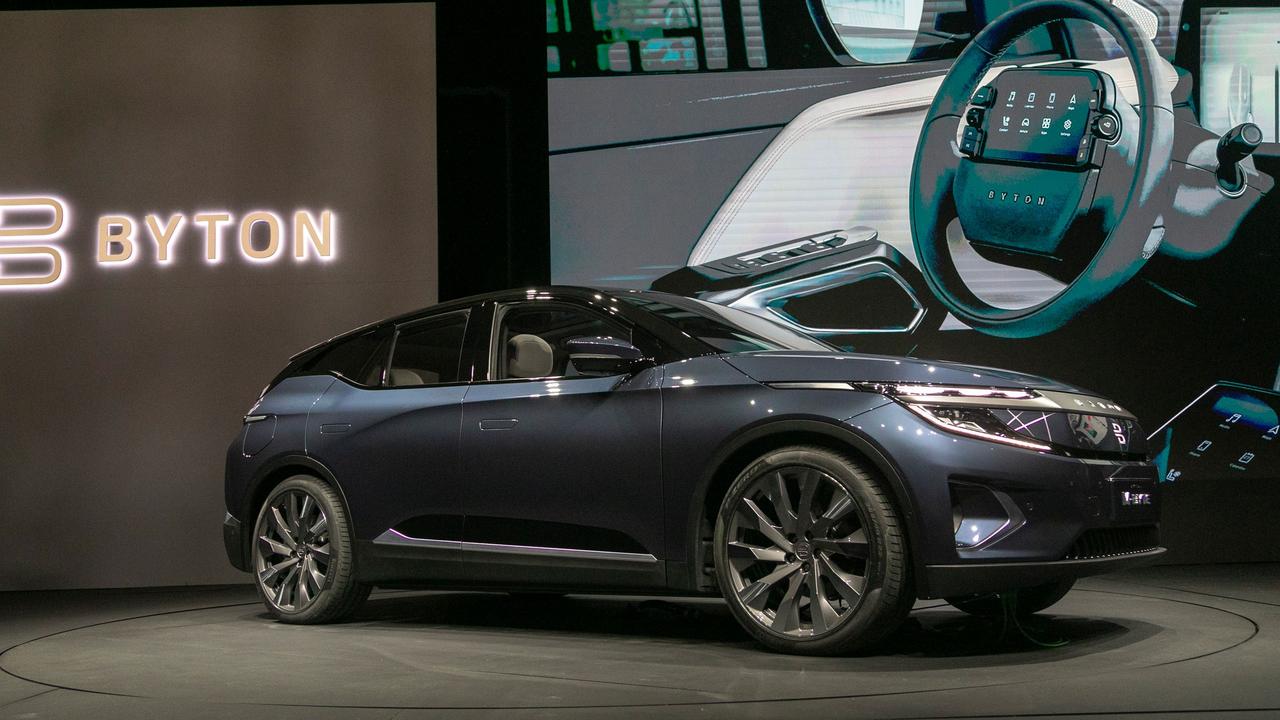
With the largest screen in any new car — 120cm — Chinese maker Byton had to find content to fill it and has a partnership with ViacomCBS to stream to passengers in its
M-Byte electric car. It adds digital radio, cloud connectivity and voice-recognition.
Chrysler
The Airflow’s aerodynamic exterior cloaks a cabin packed with hi-tech gear. Passengers can customise and load the multiple screens to suit their tastes as part of the “first-class travel experience” designed to balance technology and luxury.
Damon
The start-up motorcycle brand aims to revolutionise life on two wheels with its Hypersport, an all-electric machine teaming artificial intelligence with multiple sensors, web connectivity and robotics. The sports bike gets advanced CoPilot crash avoidance technology. Prototypes are due to begin testing mid-year.
Bosch
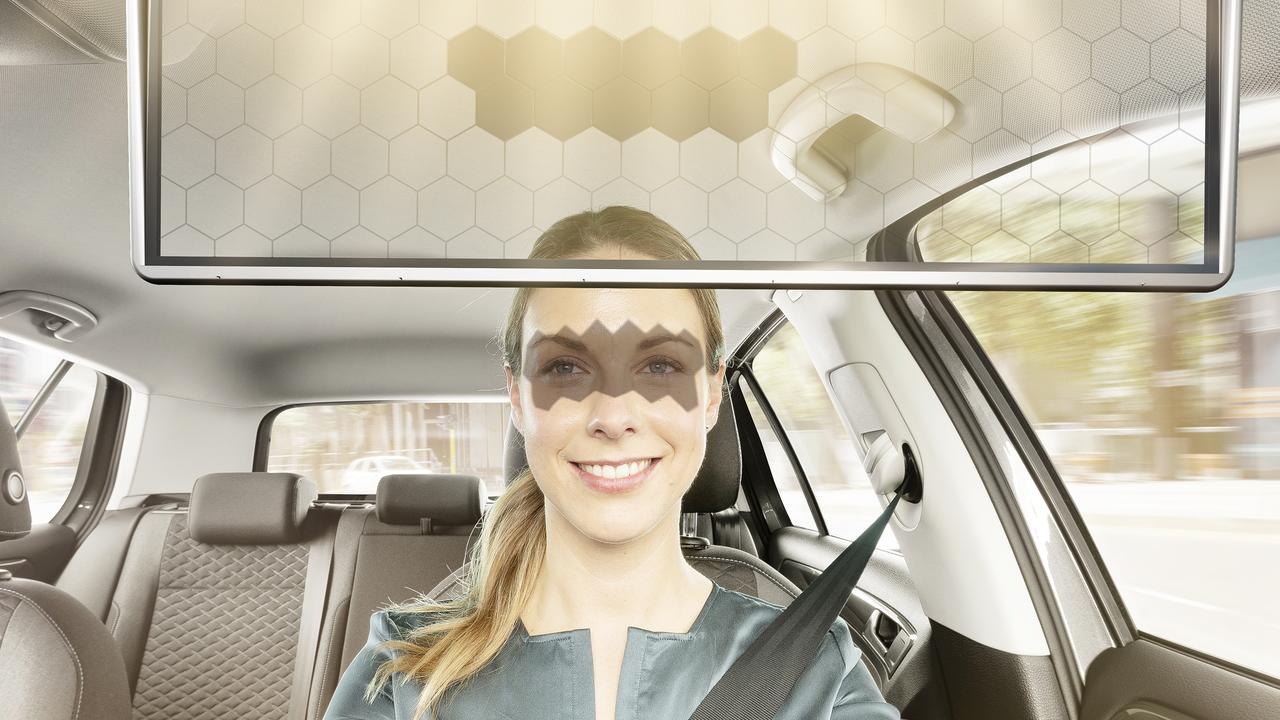
Future drivers need not take their hands off the wheel to adjust the sun visor — Bosch’s smart Virtual Visor blocks the sun intuitively by tinting a clear LCD panel.

